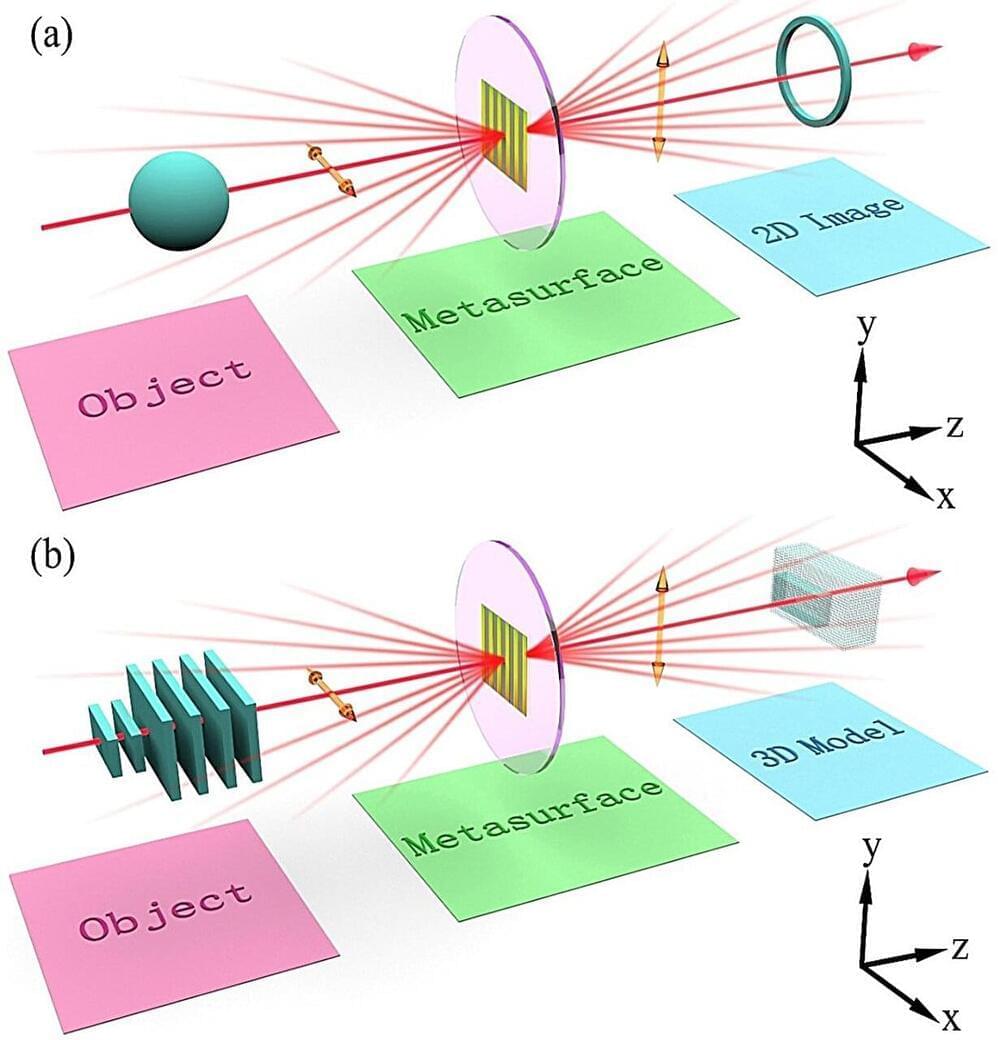As object identification and three-dimensional (3D) reconstruction techniques become essential in various reverse engineering, artificial intelligence, medical diagnosis, and industrial production fields, there is an increasing focus on seeking vastly efficient, faster speed, and more integrated methods that can simplify processing.
In the current field of object identification and 3D reconstruction, extracting sample contour information is primarily accomplished by various computer algorithms. Traditional computer processors suffer from multiple constraints, such as high-power consumption, low-speed operation, and complex algorithms. In this regard, there has recently been growing attention in searching for alternative optical methods to perform those techniques.
The development of optical computing theory and image processing has provided a more complete theoretical basis for object identification and 3D reconstruction techniques. Optical methods have received more attention as an alternative paradigm than traditional mechanisms in recent years due to their enormous advantages of ultra-fast operation speed, high integration, and low latency.









Comments are closed.